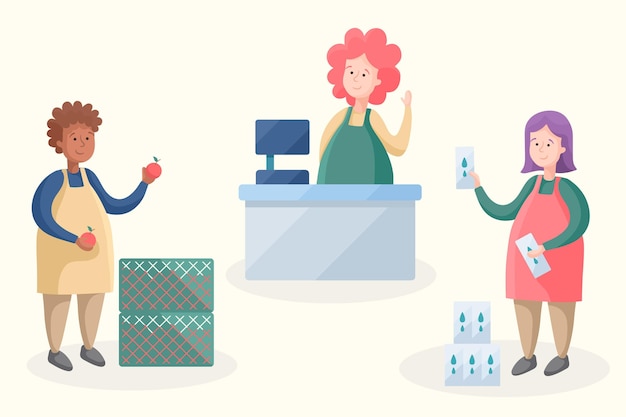Understanding the Fees Associated with Cashier’s Checks at Leading Banks like Chase and Bank of America

Most banks and credit unions charge fees for issuing cashier’s checks, so it’s important to know these fees before requesting one. Here’s a breakdown of the fees charged by some popular banks:
**Cashier’s Check Fees at 10 Top Banks**
– **Chase**: $10, but free for Premier Plus Checking, Secure Checking, Sapphire Checking, Private Client Checking, and Private Client Savings accounts.
– **Bank of America**: $15, waived for Preferred Rewards members.
– **Citi**: $10, waived for Citi Priority Accounts and Citigold Accounts.
– **U.S. Bank**: $10, free for military customers with a U.S. Bank Smartly Checking Account.
– **PNC**: $5 for Performance Checking; $10 otherwise. Free for Performance Select Checking and Foundation Checking.
– **KeyBank**: $8, fees are mandatory.
– **Navy Federal**: 2 free cashier’s checks per day for members; additional checks are $5 each. Fees are not waivable.
– **Ally Bank**: $0.
– **TD Bank**: $8, waived for Beyond Checking, Signature Savings, Private Tiered Checking, and Private Tiered Savings.
– **Wells Fargo**: $10, fees are mandatory.
**How to Get a Cashier’s Check**
To get a cashier’s check, visit a bank or credit union where you have an account, such as a savings or checking account. Bring valid identification. Provide the necessary details, including the payee’s name and the check amount, and specify which account the funds should come from. Verify all information is correct. You can also order a cashier’s check online from many banks and credit unions, but this method is usually slower as the check will be mailed to you or your local branch.
**Advantages of Using a Cashier’s Check**
– **Faster Clearing**: Cashier’s checks clear within a business day since the bank guarantees the funds, unlike personal checks which can take several days.
– **Large Transactions**: There are generally no upper limits on the amount for a cashier’s check, as long as the funds are available.
– **Security**: Cashier’s checks are pre-approved by the bank, eliminating the risk of bouncing.
– **Wide Acceptance**: Most businesses and individuals accept cashier’s checks as a secure form of payment, making them suitable for transferring large amounts of money.
**Disadvantages of Using a Cashier’s Check**
– **Scams**: Despite being more secure than personal checks, cashier’s checks can still be used in scams. Be cautious when accepting a cashier’s check from someone you don’t know.
– **Fees**: Most banks charge a fee for issuing a cashier’s check, so consider if the amount is worth the fee.
– **Inconvenience**: Cashier’s checks require more time and effort to purchase and process compared to instant digital payments.
– **Loss**: If a cashier’s check is lost or stolen, you’ll need to file a report and wait up to 90 days for the funds to be returned.